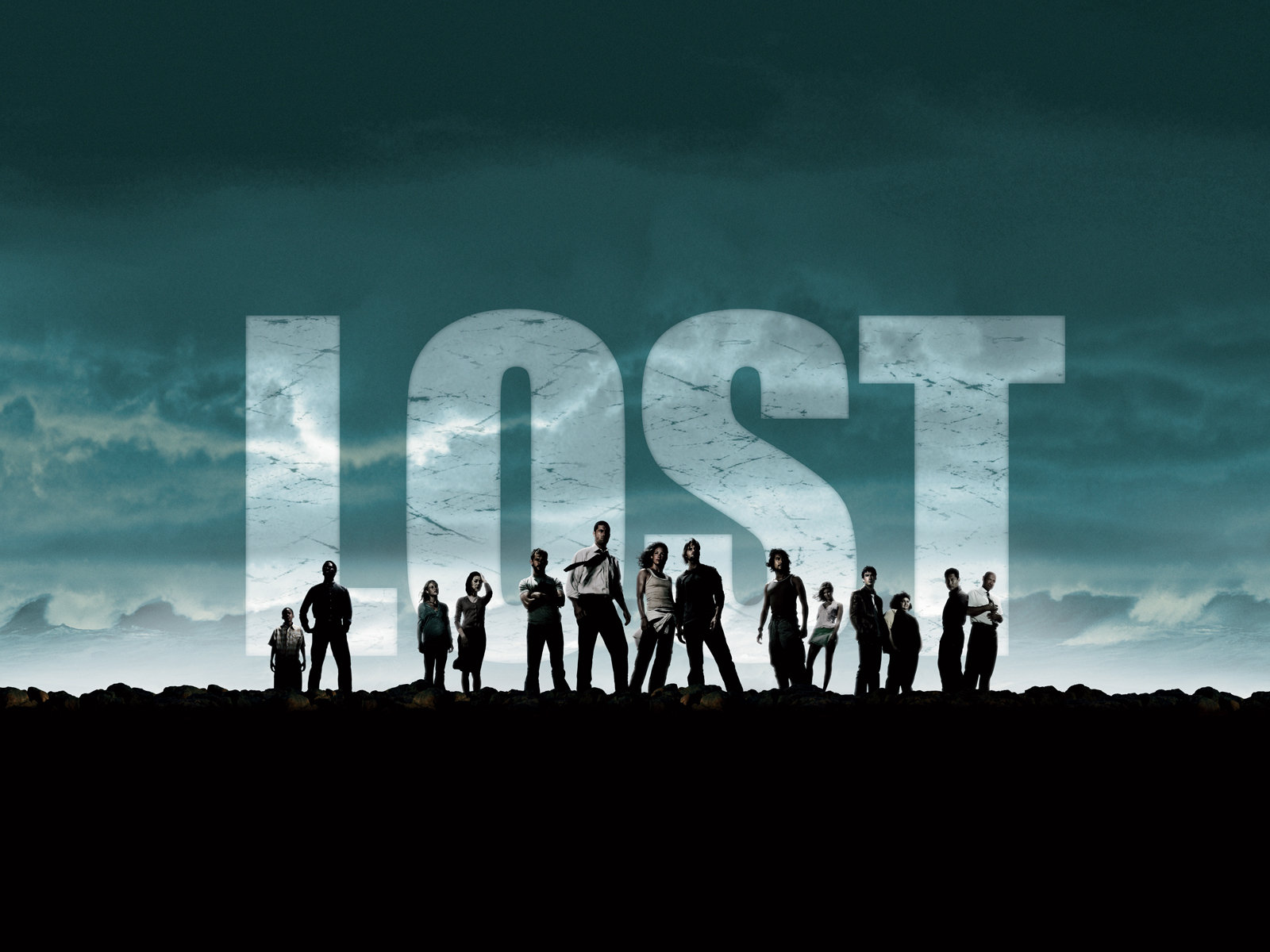
“Lost,” the acclaimed television series that aired from 2004 to 2010, continues to captivate audiences with its complex storyline, mysterious island setting, and compelling characters. Created by Damon Lindelof and J.J. Abrams, “Lost” follows the survivors of a plane crash who find themselves stranded on a remote island filled with secrets and supernatural elements. Throughout its six-season run, the show garnered a devoted fanbase and influenced the landscape of television storytelling. In this article, we will delve into 13 astonishing facts about “Lost” that you may not know. From the show’s intriguing connections to real-life events to its groundbreaking narrative structure, get ready to unravel some of the fascinating secrets behind this iconic series.
Key Takeaways:
- Lost, the influential TV series, premiered in 2004 and revolutionized storytelling with its non-linear narrative and captivating mythology, leaving a lasting impact on television.
- The show’s iconic characters, epic soundtrack, and dedicated fanbase sparked intense discussions and theories, solidifying Lost as a cultural touchstone in television history.
Lost premiered on September 22, 2004.
Lost, the influential television series that took the world by storm, first graced our screens on September 22, Created by Jeffrey Lieber, J.J. Abrams, and Damon Lindelof, the show aired on ABC and quickly became a cultural phenomenon.
Lost was filmed in Oahu, Hawaii.
The breathtaking landscapes of Oahu, Hawaii served as the backdrop for the mysterious island where the survivors of Oceanic Flight 815 found themselves stranded. The lush tropical setting added to the allure and mystique of the show.
The show had an ensemble cast.
Lost boasted a talented ensemble cast, including actors such as Matthew Fox, Evangeline Lilly, Jorge Garcia, and Terry O’Quinn. The diverse group of characters brought depth and complexity to the intricate storyline.
Lost featured a unique narrative structure.
One of the defining aspects of Lost was its non-linear storytelling. The show employed flashbacks, flash-forwards, and even flash-sideways to provide insights into the characters’ past, present, and future, keeping viewers on the edge of their seats.
Lost had a dedicated fanbase.
The show garnered a loyal following of fans who eagerly dissected each episode, theorized about the mysteries presented, and engaged in passionate debates about the show’s twists and turns. Lost became a cultural phenomenon, sparking intense discussion and speculation.
Lost introduced the iconic character, John Locke.
John Locke, portrayed by Terry O’Quinn, quickly became a fan favorite character on the show. His journey of self-discovery and his philosophical outlook on life added depth and meaning to the overall narrative.
Lost had an iconic opening sequence.
The opening sequence of Lost, with its haunting music and imagery of a plane crash, became instantly recognizable. The sequence set the tone for the mysterious and captivating nature of the show.
The show had a complex mythology.
Lost delved into a rich and intricate mythology, incorporating elements of science fiction, time travel, and supernatural phenomena. The show presented numerous mysteries and puzzles that captivated viewers throughout its run.
Lost had a polarizing series finale.
The series finale of Lost, titled “The End,” aired on May 23, 2010, and sparked mixed reactions among viewers. While some praised its emotional and symbolic conclusion, others felt unsatisfied with the resolution of certain storylines.
Lost had a lasting impact on television.
Lost revolutionized the television landscape, paving the way for more serialized and complex storytelling. Its blend of character-driven drama, suspenseful plotlines, and intriguing mysteries set a new standard for television shows.
Lost inspired countless fan theories and discussions.
With its numerous enigmas and unanswered questions, Lost inspired a wealth of fan theories and discussions. Online forums and communities thrived with fans dissecting every detail and offering their interpretations of the show’s mysteries.
Lost had an epic soundtrack.
The musical score of Lost, composed by Michael Giacchino, became iconic in its own right. The haunting and emotive melodies added depth and intensity to key moments, enhancing the overall viewing experience.
Lost had a lasting cultural impact.
The cultural impact of Lost cannot be overstated. The show’s memorable characters, complex storytelling, and thought-provoking themes have left a lasting impression on television viewers and continue to be celebrated and analyzed to this day.
Conclusion
In conclusion, Lost is not just a television show, but a cultural phenomenon that has captivated audiences worldwide. Its intricate storytelling, compelling characters, and mind-bending mysteries have made it an unforgettable part of television history. From the unique concept of a plane crash survivors stranded on a mysterious island to the complex mythology that unfolded over six seasons, Lost pushed the boundaries of what a TV series could achieve.
Whether you were a die-hard fan from day one or discovered the show later on, Lost continues to leave a lasting impact. It sparked countless fan theories, spawned dedicated online communities, and forever changed the landscape of television. The show’s legacy lives on, inspiring new generations of viewers and reminding us of the power of storytelling.
FAQs
1. Who created Lost?
Lost was created by J.J. Abrams, Jeffrey Lieber, and Damon Lindelof.
2. How many seasons of Lost are there?
Lost ran for six seasons, from 2004 to 2010.
3. What is the premise of Lost?
Lost follows the survivors of a plane crash who find themselves stranded on a mysterious island with various supernatural elements and hidden secrets.
4. Did Lost have a satisfying ending?
The show’s ending sparked debates among fans, with some finding it satisfying and others feeling disappointed. The interpretation of the ending is open to individual viewer’s perception.
5. How many episodes are there in Lost?
Lost consists of 121 episodes, ranging from 42 minutes to 84 minutes in length.
6. Were all the mysteries on Lost resolved?
While not every single mystery was answered explicitly, Lost did provide closure for many of its major storylines.
7. How did Lost impact television?
Lost revolutionized the television landscape by blending genres, introducing complex narrative techniques, and pushing the boundaries of what a TV series could achieve in terms of storytelling.
8. Is Lost available for streaming?
Yes, Lost is available for streaming on platforms like Hulu, Netflix, and Amazon Prime Video.
9. Did Lost have a spin-off or any related content?
Yes, Lost had a spin-off series called “Lost: Missing Pieces,” which consisted of thirteen short episodes. Additionally, there are novels, comic books, and video games based on the show.
10. Can I still enjoy Lost if I haven’t seen it before?
Absolutely! While Lost has a complex storyline, it is still a highly enjoyable and intriguing show for new viewers. Its themes of survival, redemption, and human connection resonate regardless of when you watch it.
Intrigued by Lost's captivating facts? Continue exploring gripping tales with our articles on Paradise Lost 2 Revelations, a documentary that delves into the West Memphis Three case. For a change of pace, check out our piece on Lost in Translation, Sofia Coppola's poignant film about connection and loneliness in Tokyo. Lastly, don't miss our article on All Is Lost, a thrilling survival drama starring Robert Redford as a sailor adrift in the Indian Ocean. Each story offers unique insights and entertainment value that will keep you hooked.
Was this page helpful?
Our commitment to delivering trustworthy and engaging content is at the heart of what we do. Each fact on our site is contributed by real users like you, bringing a wealth of diverse insights and information. To ensure the highest standards of accuracy and reliability, our dedicated editors meticulously review each submission. This process guarantees that the facts we share are not only fascinating but also credible. Trust in our commitment to quality and authenticity as you explore and learn with us.


